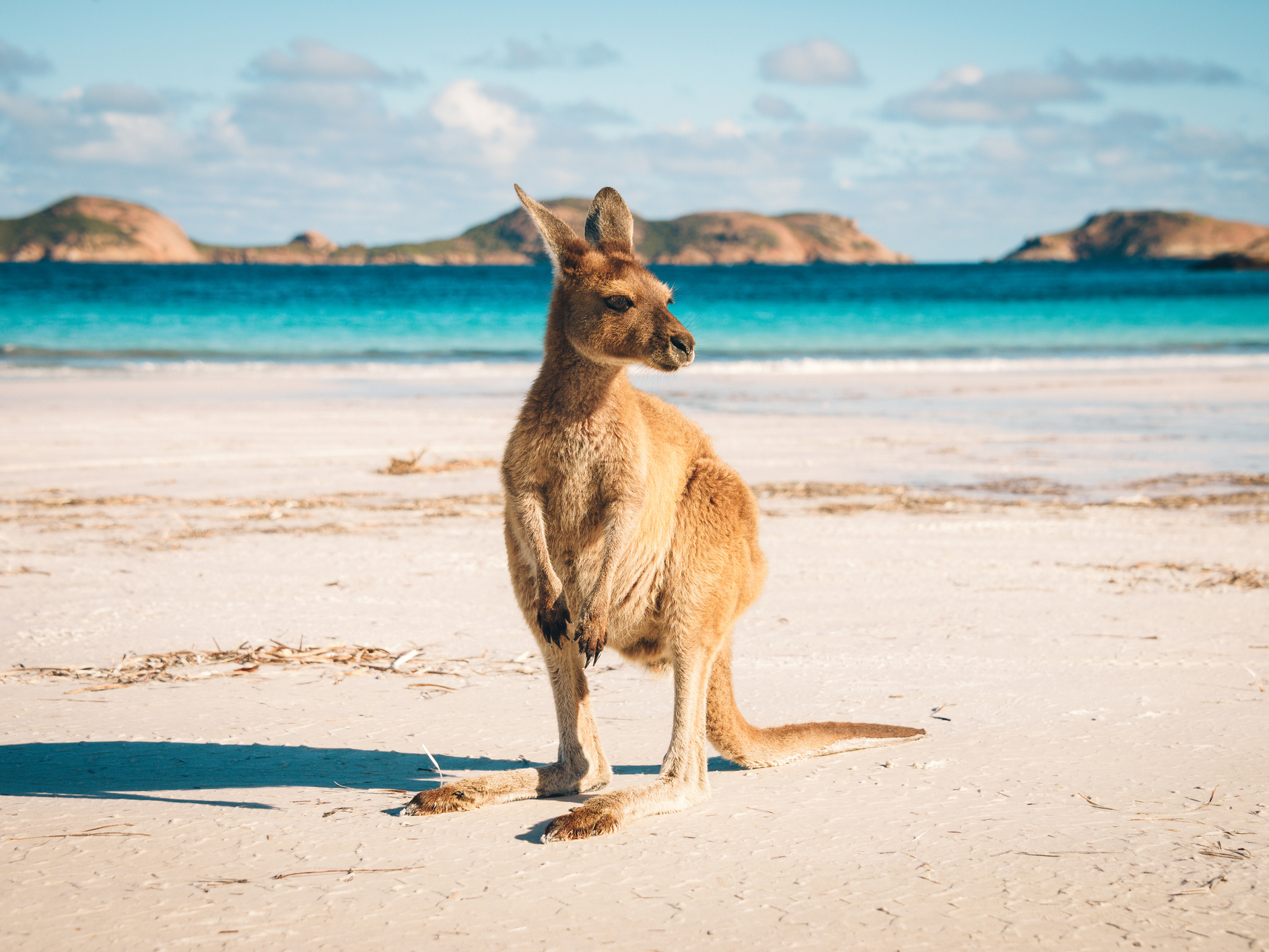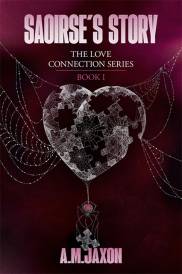Australia vs. the US: Surprising Cultural Differences You Should Know Before Your Trip

Think Australia is just America with kangaroos and cricket? Think again! While these two English-speaking nations might seem similar on the surface, they're about as different as a koala and a grizzly bear. Before packing those bags and heading Down Under, there are some crucial differences you'll want to know about.
Planning Your Journey: Visa Essentials
Let's start with the paperwork, because no one wants to be turned away at the border! Understanding Australia's visa policy is crucial. Unlike popping over to Canada, you can't just show up at Australian borders with a smile and a passport. Every visitor needs a visa, even for a short holiday. The good news? The process is mostly online and relatively straightforward. Apply for an ETA (Electronic Travel Authority) at least a few weeks before departure.
Coffee Culture: Where Size Doesn't Matter
Forget venti mochas and gallon-sized iced coffees. Australians take their coffee seriously – very seriously. While Americans might grab coffee from drive-throughs, Australians have turned coffee into an art form. A flat white isn't just a trendy drink at Starbucks; it's a way of life. And don't assume it's another word for a latte, they're quite particular about the difference (a flat white has less froth and a stronger coffee-to-milk ratio).
Australian baristas are more like coffee scientists, crafting perfectly balanced espresso-based drinks in modest sizes that pack a flavorful punch. You'll find independent cafes on every corner, each with its own loyal following and signature roast. The morning coffee run isn't just about caffeine, it's a social ritual, a chance to catch up with friends, and an opportunity to support local businesses.
Language: English, But Not As You Know It
Ready for some linguistic gymnastics? Australian English is like American English's quirky cousin who spent too much time in the sun. "Arvo" means afternoon, "thongs" are flip-flops (important distinction!), and "yeah nah" somehow means no, while "nah yeah" means yes. Makes perfect sense, right?
But the vocabulary differences go far beyond these basics. "Servo" is a gas station, "bottle-o" is a liquor store, and "fair dinkum" means genuine or real. Basically, Australians love shortening words and adding an 'o' for good measure. The best approach? Embrace the confusion and don't be afraid to ask for translations. Most Aussies are happy to explain their colorful vocabulary, usually with a good laugh thrown in.
Tipping Culture: Leave Your Wallet In Your Pocket
Here's a money-saving difference: tipping isn't expected in Australia. While Americans calculate 15-20% after every meal, Australians actually pay their service workers living wages. Revolutionary, right? Save those extra dollars for important things like Tim Tams and Vegemite.
The minimum wage in Australia is significantly higher (basically double) than in the US, which means service staff don't rely on tips to make ends meet. This system creates a more relaxed dining experience – no awkward hovering or forced cheerfulness from servers.
If you receive exceptional service and want to leave a tip, it's appreciated but never expected. The price you see on the menu is what you'll pay (plus maybe a weekend surcharge), and tax is always included. No need for complicated math at the end of your meal!
Work-Life Balance: The Sacred "Arvo"
Australians have mastered something many Americans are still figuring out – the art of not working yourself to death. Four weeks of paid vacation is standard, and "taking a sickie" (calling in sick) for a beach day isn't considered a cardinal sin. The phrase "no worries" isn't just a saying, it's a lifestyle.
Long lunches are common, and many businesses close by 5 PM sharp. Weekend work is rare, and checking emails after hours? That's practically taboo. Public holidays are treated with religious reverence, and the concept of "long weekends" is elevated to an art form. Many Australians even take the entire period between Christmas and New Year's off – it's called the "silly season" for a reason.
This laid-back approach to work-life balance might take some adjusting for Americans used to the 24/7 hustle culture, but it's a refreshing change that many visitors come to appreciate.
Sports: Different Fields, Different Dreams
While Americans live for football and baseball, Australians are passionate about "footy" (Australian Rules Football), cricket, and rugby. Don't try to explain the World Series to an Aussie – they'll just point out that it's only played in one country.
Australian Rules Football might look like organized chaos to the uninitiated, but it's a fast-paced, high-scoring game that combines elements of rugby, soccer, and basketball.
Cricket matches can last for days (yes, days), and the atmosphere at a test match is more like a massive picnic with occasional bursts of sporting action. Most importantly, surfing isn't just a sport, it's practically a religion in coastal towns. Sports betting is also legal and widely accepted, with betting shops (TABs) as common as convenience stores.
Wildlife: Everything Really Can Kill You
Sure, America has bears and mountain lions, but Australia's dangerous creatures are more... creative. From box jellyfish to funnel-web spiders, the wildlife here keeps you on your toes. But don't worry, most Australians go their whole lives without a close encounter (they just like to scare tourists).
The reality is that while Australia does have some of the world's most venomous creatures, encounters are rare in urban areas. That said, it's worth knowing basic safety tips: shake out your shoes before wearing them (spiders love dark spaces), stay behind barriers at wildlife parks (kangaroos can pack a mean punch), and always swim between the flags at beaches (those jellyfish are no joke).
The unique wildlife is actually one of Australia's biggest attractions. Where else can you see kangaroos hopping down golf courses or koalas napping in suburban trees?
The Great Outdoors: Beach Culture
Americans might head to the beach for a weekend, but Australians have turned beach life into a cultural institution. The beach isn't just a place, it's a lifestyle, complete with surf lifesaving clubs, beach cricket, and the unwritten rule that sand in your car is perfectly normal.
Coastal cities are designed around beach access, with public transport routes ending at popular swimming spots and outdoor showers being as common as parking meters. The beach is where Australians celebrate Christmas (forget white snow, think white sand), where families gather for weekday dinners, and where many locals start their day with a sunrise swim.
Surf life-saving clubs are community hubs, offering everything from morning coffee to evening beers, and many Australians learn to read wave patterns before they learn to read books.
So regardless whether you're heading to Australia for a week or a year, embracing these differences is part of the adventure. Pack your sense of humor, leave your preconceptions at home, and get ready for an experience that's uniquely Australian. As long as you remember that everything's better with a Tim Tam slam and a "no worries" attitude!
Image credit Pexels John Crux
MORE





